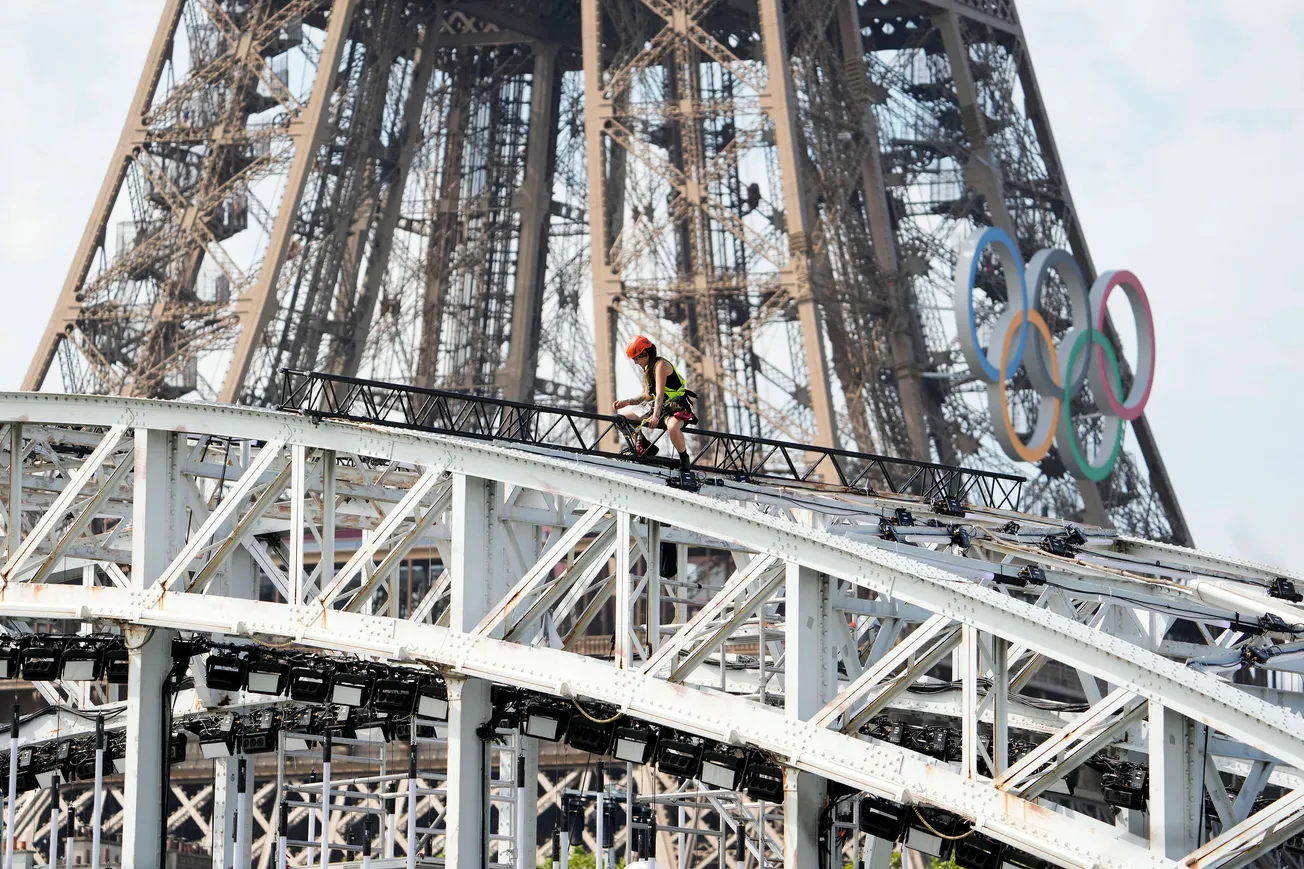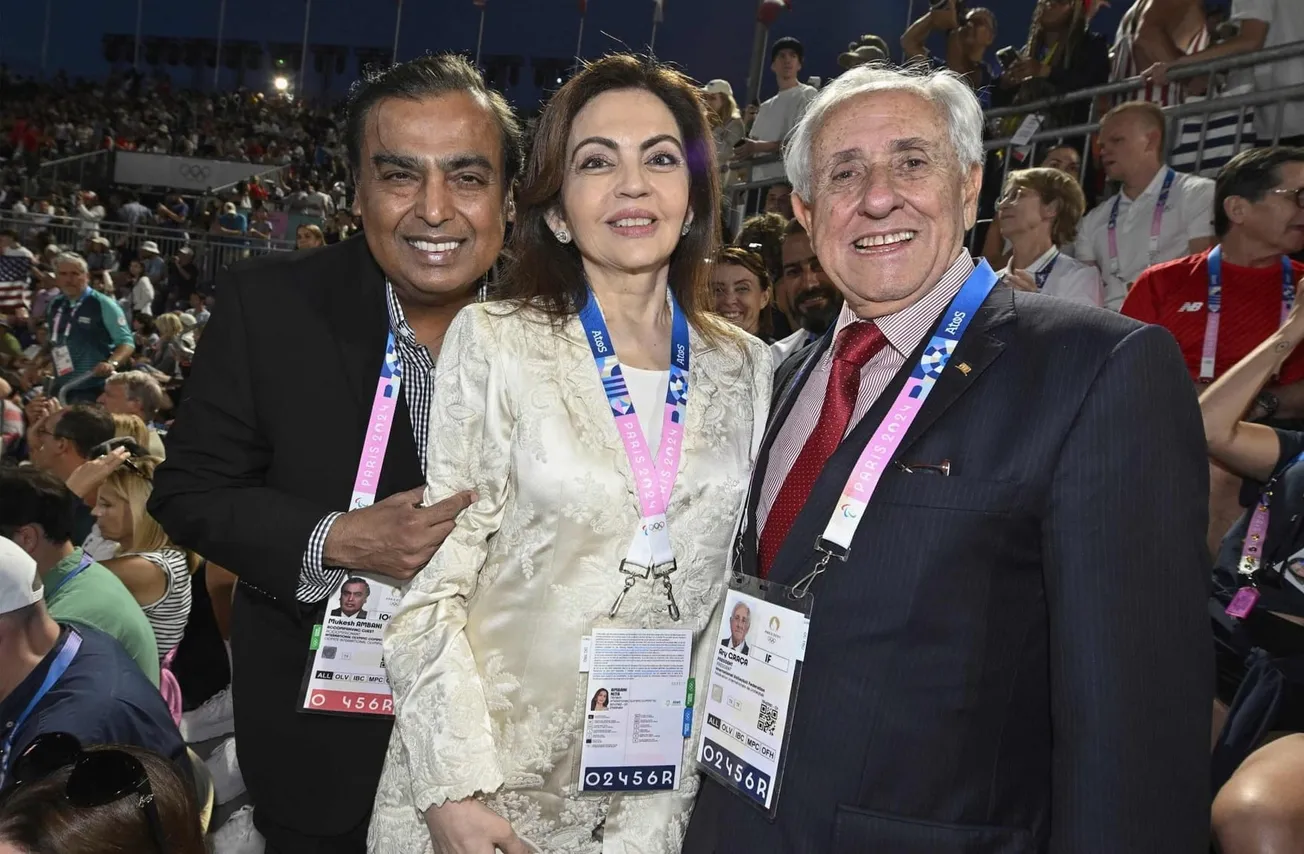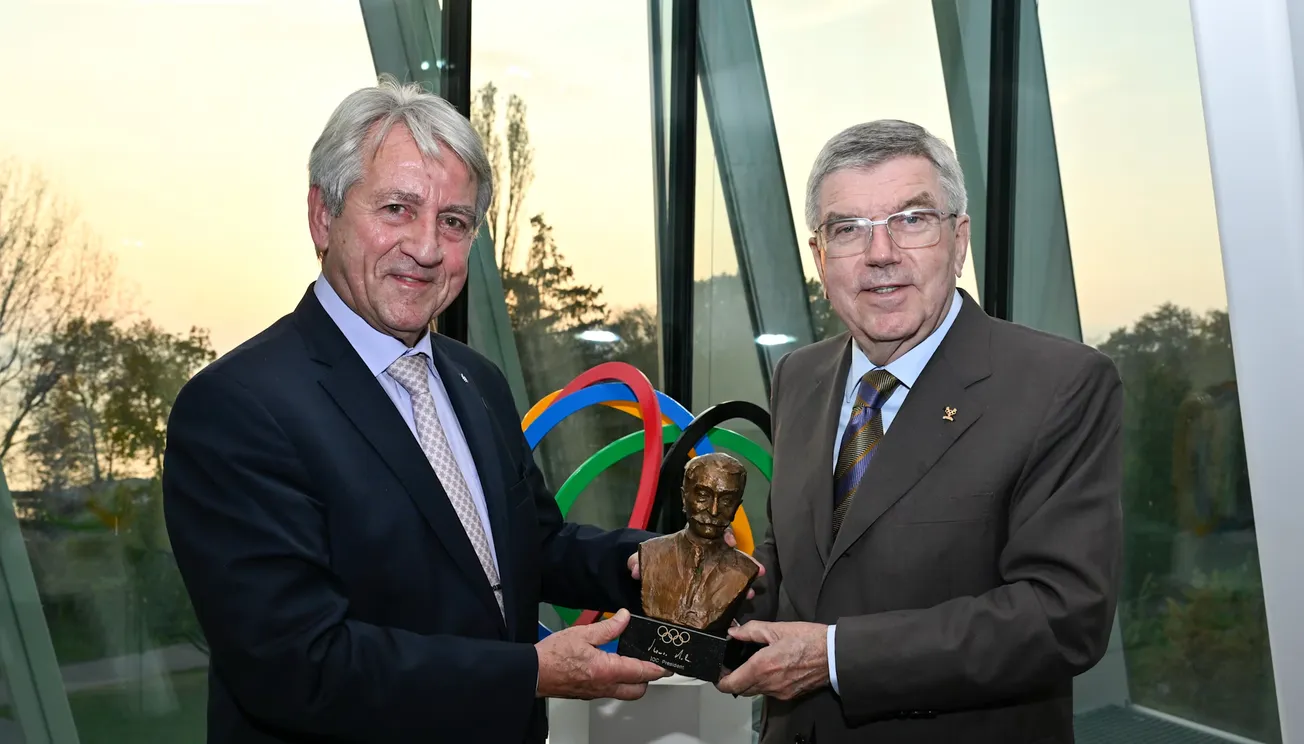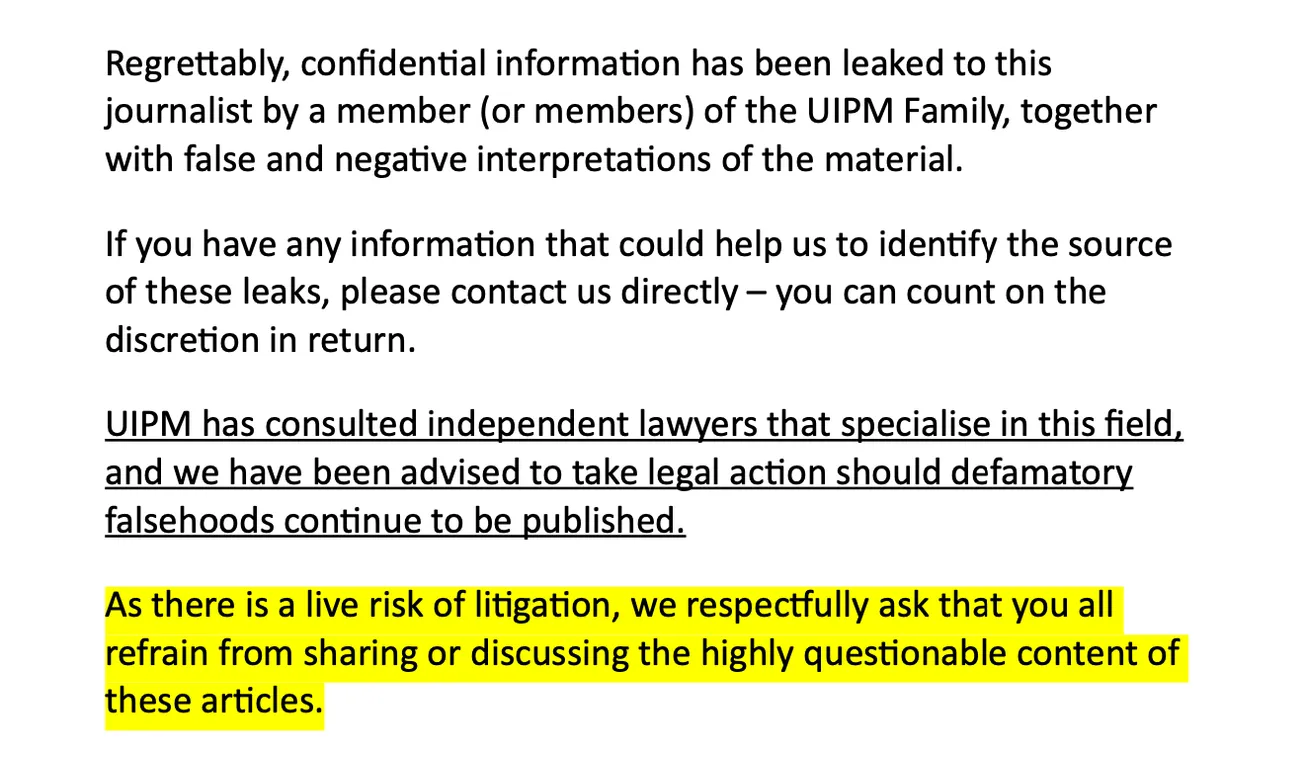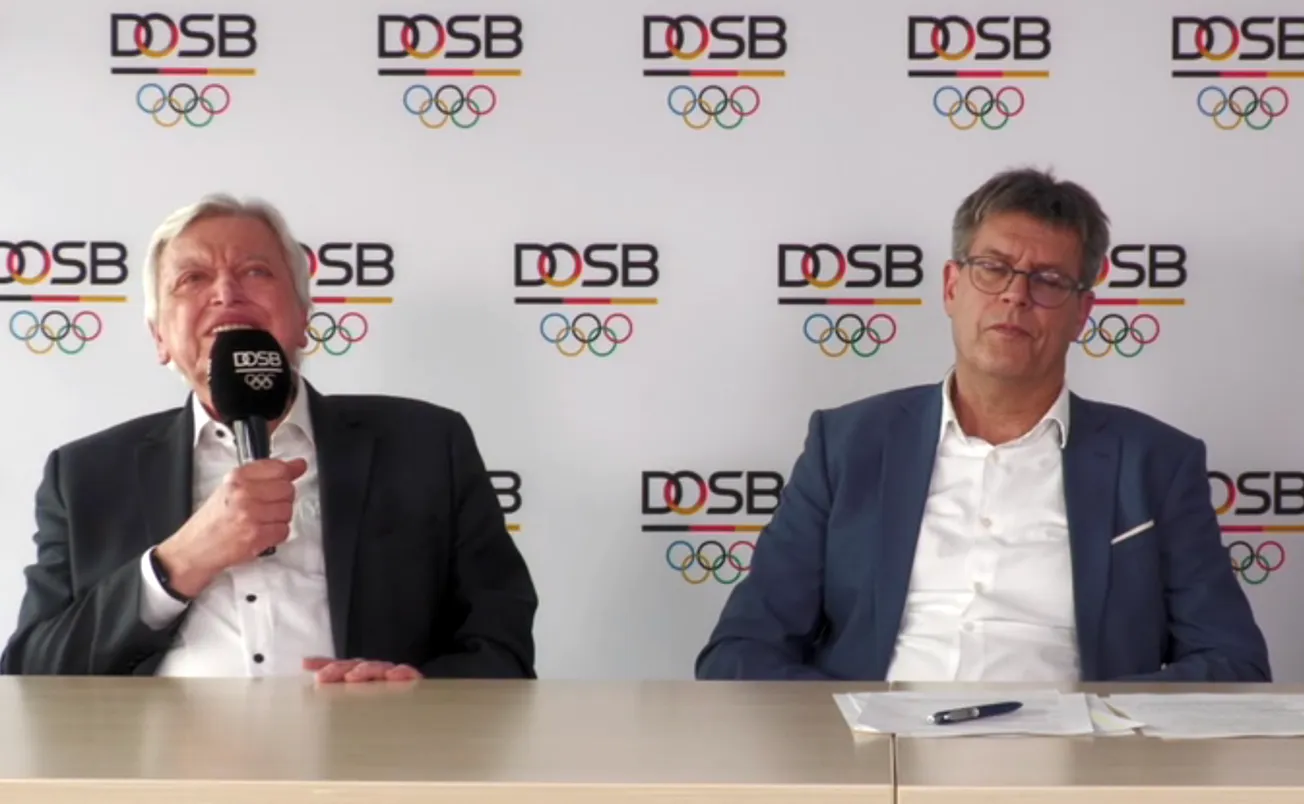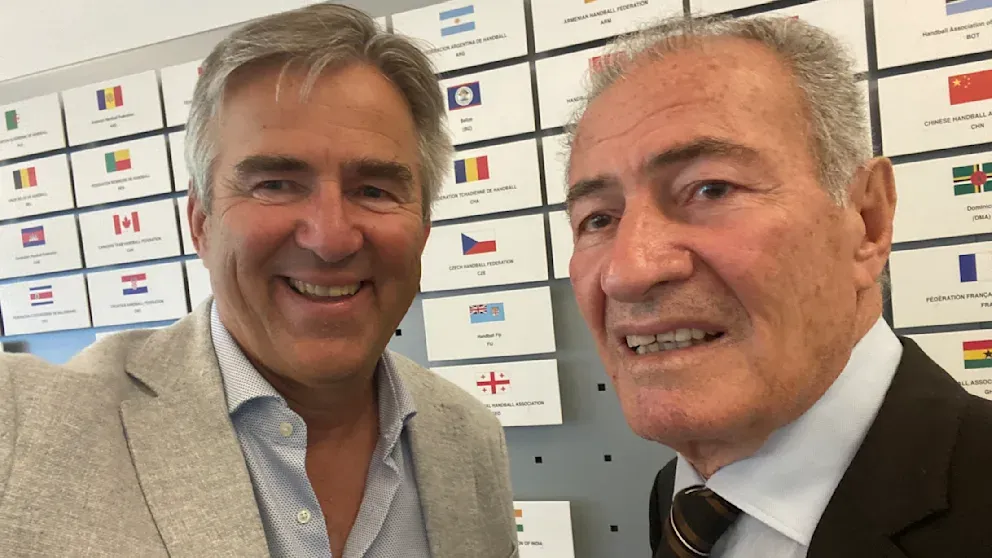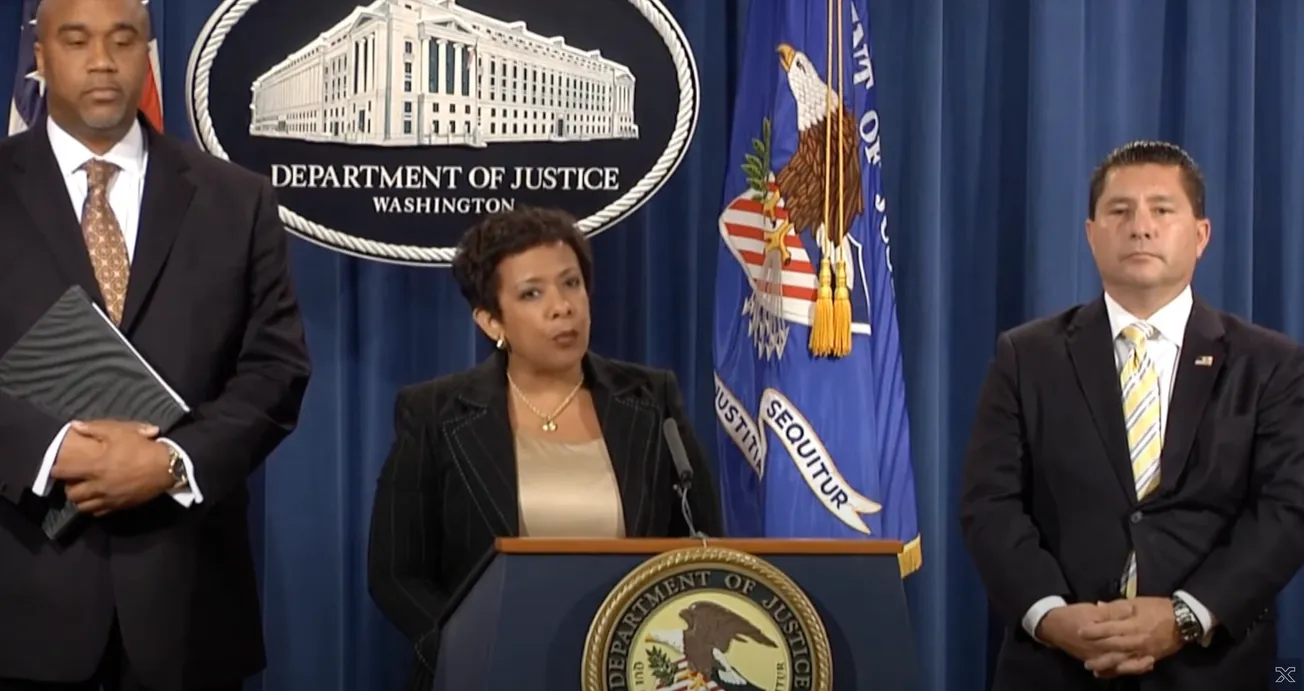The promise of "popular", "accessible", "open-to-all" Games was a masterful exercise in communication since the inception of Paris 2024. Leveraging the expertise of the late sports lobbying expert Mike Lee, costly foreign consultants, and a somewhat qualified French staff, the bid was enriched with simple, memorable slogans. Repeated endlessly, these phrases were accompanied by striking campaign promises, such as free transportation during Games time.
"We are offering free transportation for ticket holders, spectators, so they can use public transport to limit the carbon footprint," said Tony Estanguet, president of the Comité d'Organisation des Jeux Olympiques et Paralympiques (COJOP), before the Senate in 2021. Missed: from July 20 to September 8, 2024, a single metro ticket will cost €4, nearly double its current price (€2.15).
This deterrent fare is part of a deliberate strategy "to avoid ticket counter congestion [...] It is set at €4 so that no one buys it," explained Valérie Pécresse, president of the Île-de-France region. The goal? To sell the Navigo Liberté + pass, limiting each trip's cost to €1.73, the price when bought in bundles of ten. Another option favored for visitors is a Paris 2024 pass costing €16 per day and €70 per week. Expensive, this option does not even come with the six new or extended metro and RER lines promised in the bid:
- The Charles-de-Gaulle Express, a project to connect Gare de l'Est with Roissy-Charles de Gaulle Airport, will not be completed until 2027.
- The opening of Line 15 is not expected until the end of 2025 at the earliest.
- Lines 16 and 17 won't open until 2026, although they were supposed to serve the athletes' and media villages during the Games.
- The extension of the RER E will only be partial and at specific times (four trains per hour from 10 AM to 4 PM).
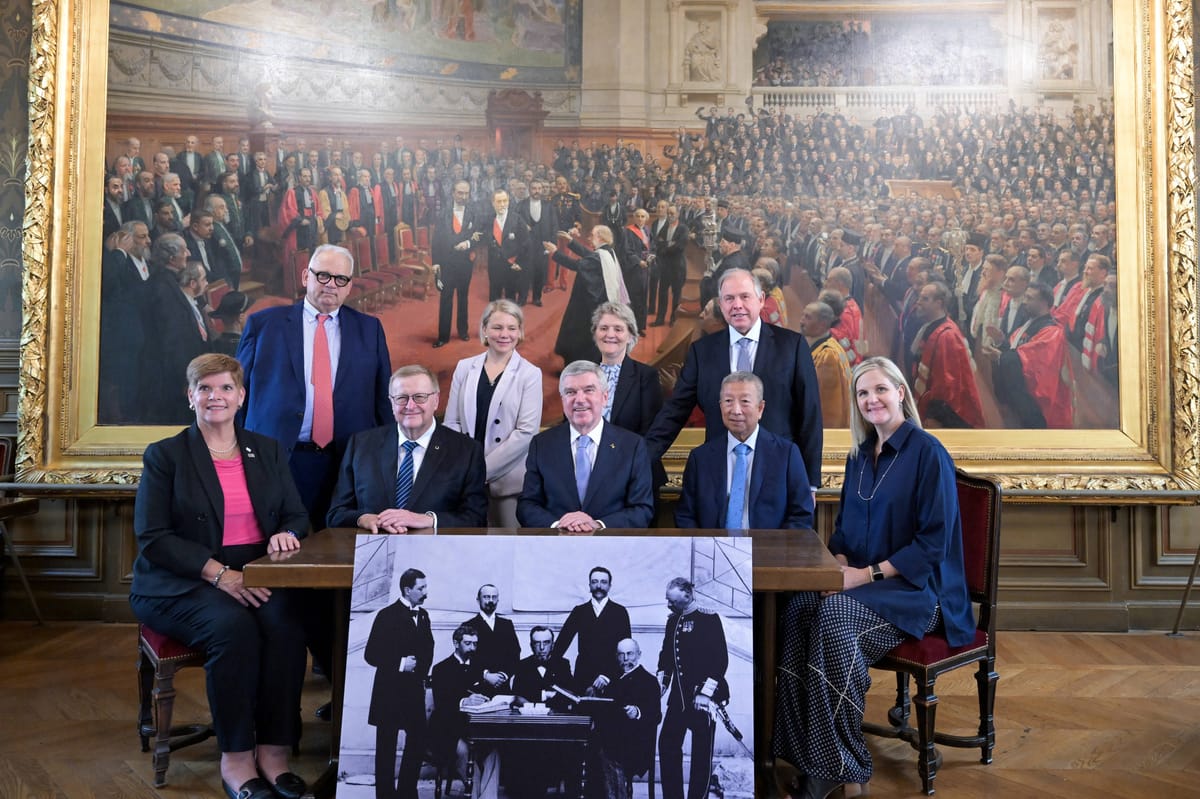
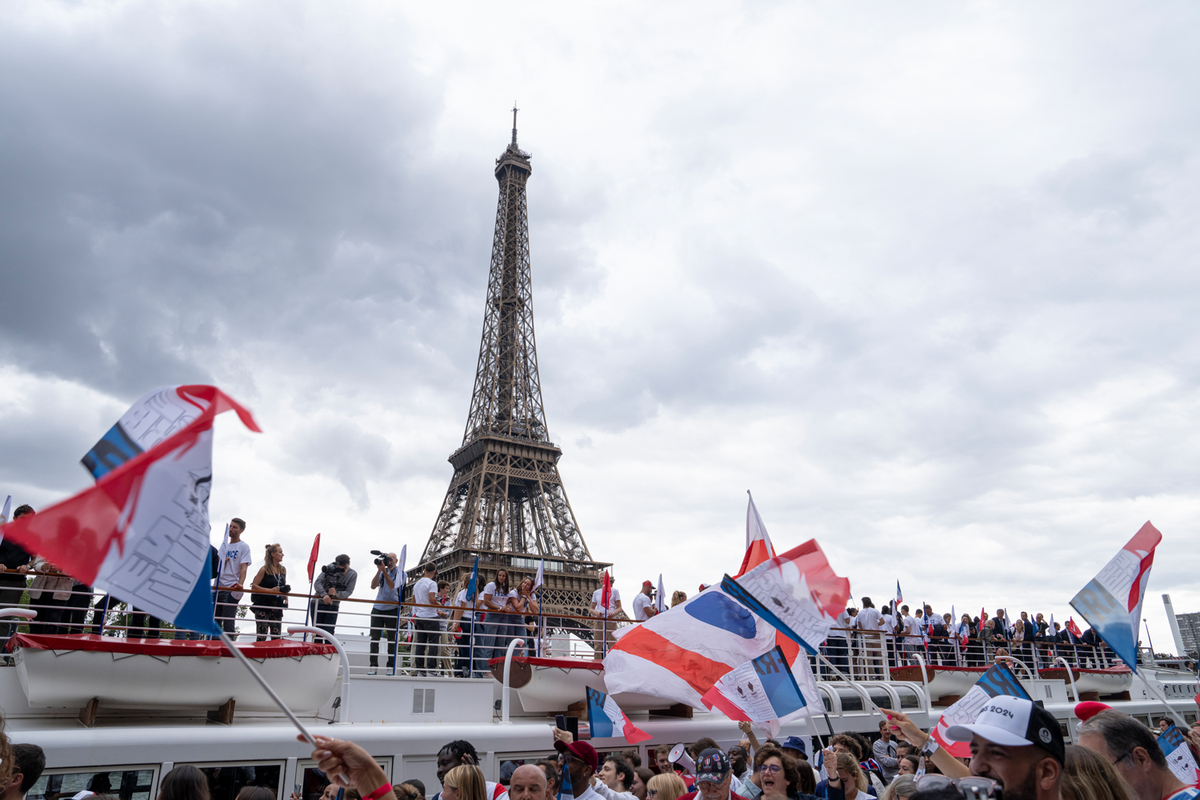
Retirees, Reservists, and Private Companies to the Rescue
This fiasco, according to the region, is due to the pandemic and rising costs. However, the extension of Line 14 is still on track to open on June 24, 2024. With one and a half promises kept out of six, the result is paltry for what was supposed to be a "strong point" of the bid. Yet, it reflects the reality; the Île-de-France region is as punctual as its RER trains in delivering completed projects.
Despite Pécresse's smiles during media appearances, many were worried behind the scenes. "We are not ready if the visitor flow is too large," was the concern. This apprehension also affected the security sector. With 18,000 military personnel – including 3,000 airmen – and 35,000 police and gendarmes mobilized during the competition, the Ministry of the Interior was stripping the provinces of part of their law enforcement for the Games.
Numerous alerts and reports were sent up the chain. "Why announce such a deployment?" fumed a serving officer. "It's like drawing attention to our lack of personnel in the provinces during a high-burglary month." Three months before the Games, the Ministry of the Interior announced that 14,000 people would be deployed nationwide by restricting leave for police and gendarmes. While a relief, it did not obscure the COJO's growing needs, estimated at between 17,000 and 22,000 security agents depending on the competition days. Retirees, reservists, and private companies were all called up, including France Travail, which offered a three-week accelerated training program.
"We're asking people who know nothing about the job or who were retired to come back for the Games," continued the internal source. "Given the importance and the risks, it’s madness, but we are struggling to recruit..."
"Will You Search Every Apartment with a Clear Line of Sight?"
To fill the gaps, France requested 2,185 agents from 46 foreign partners, along with sniffer dogs. While foreign contingents had previously supported major sporting events, their numbers had not exceeded 200, limiting communication or methodological issues. "We're left wondering. The way police and soldiers intervene differs greatly from country to country..."
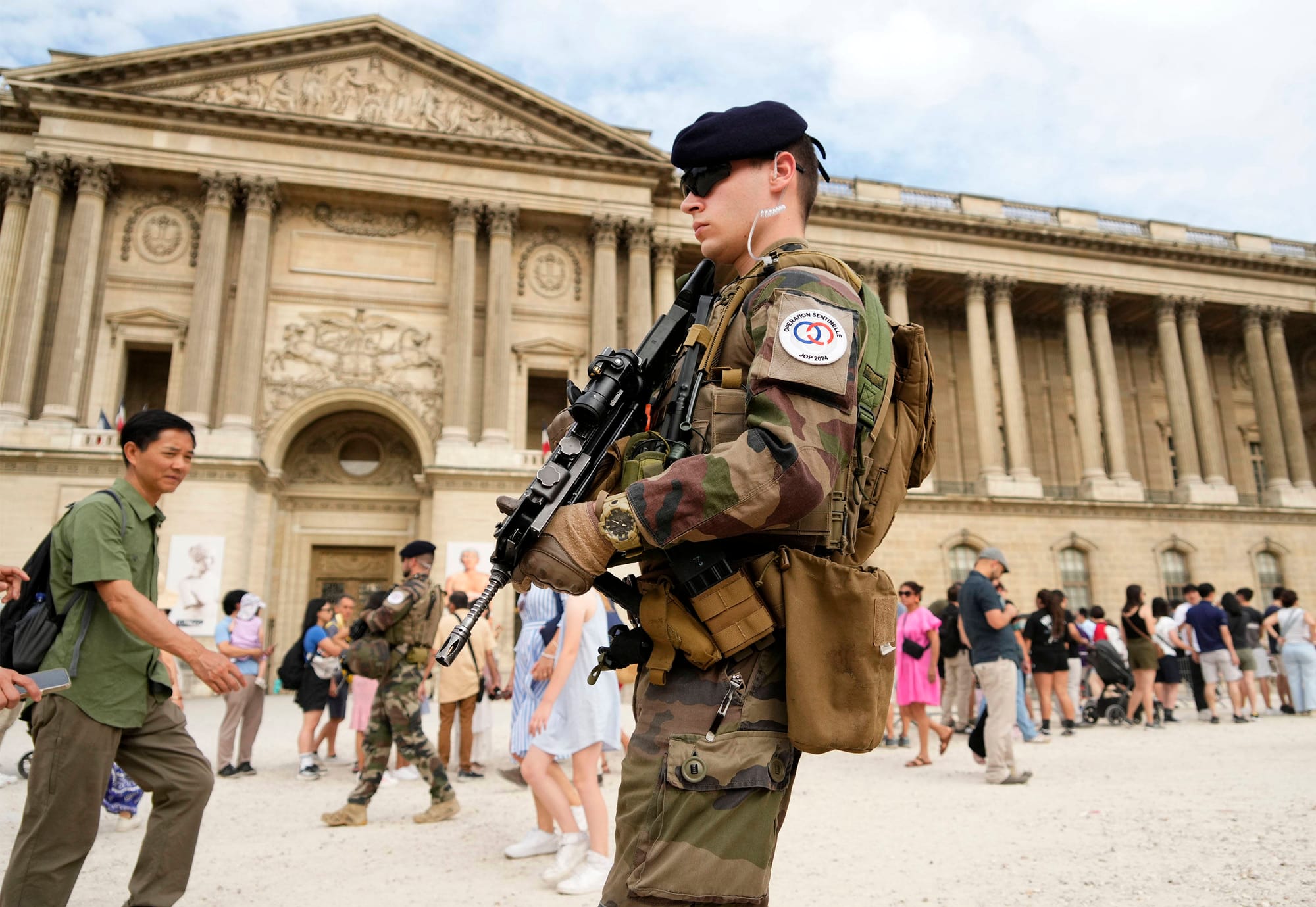
This highly anticipated Paris 2024 task force did not hide the frustration of several of France's allies, mainly the United States and Israel, who urged French authorities to cancel the opening ceremony. "You are crazy," an American representative said during a meeting in early 2024, referring to the unprecedented route: a 6.3-kilometer stretch along the Seine with about 600,000 spectators.

